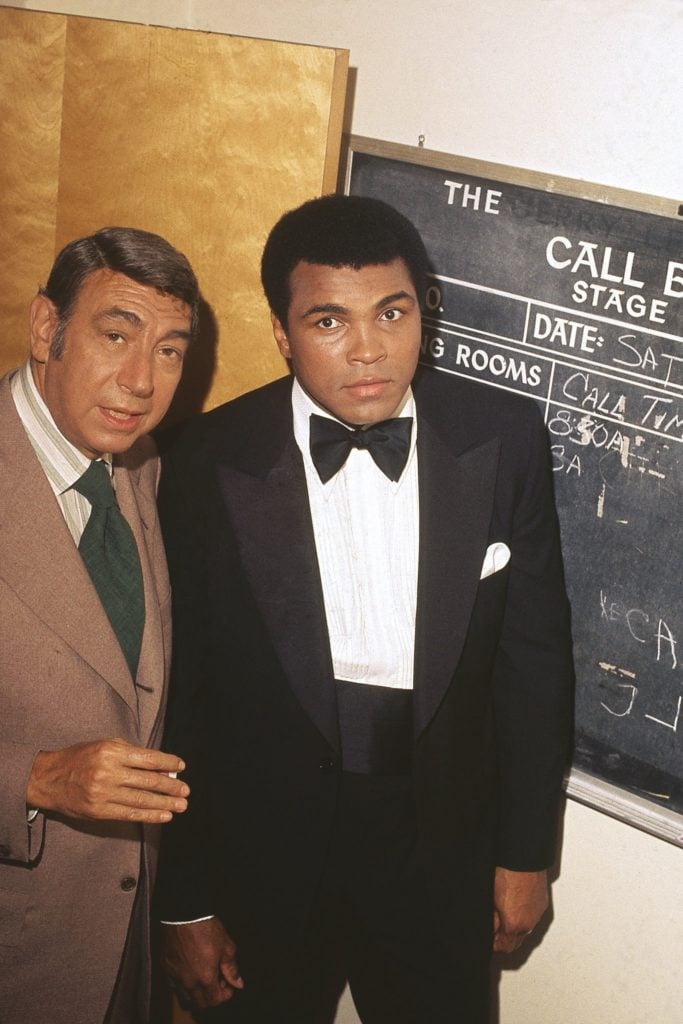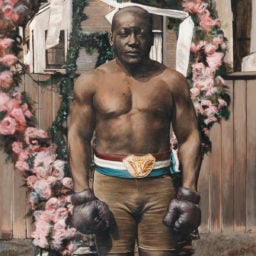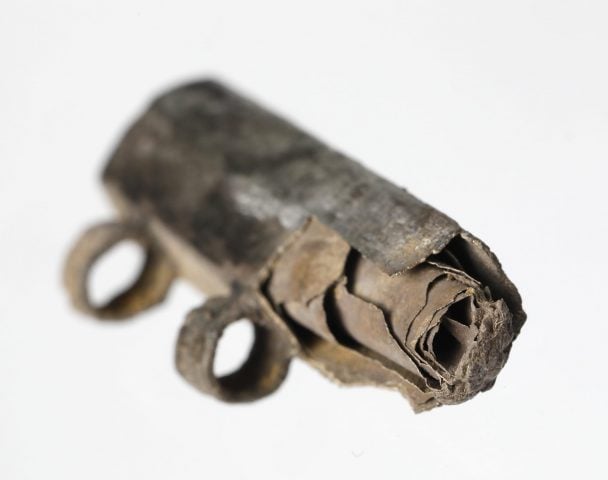A consortium of foundations—the Ford Foundation, the Mellon Foundation, the J. Paul Getty Trust, and the MacArthur Foundation—has bought the historic archives of Johnson Publishing, the Chicago-based company behind Ebony and Jet magazines, for $30 million. Containing more than four million images and 10,000 hours of video and audio recordings, the archive is considered an irreplaceable record of 20th-century African American life and culture.
The foundations, which came together to buy the archive in just a week to keep it from disappearing into private hands, plan to donate it to the National Museum of African American History of Culture in Washington, DC; the Getty Research Institute in Los Angeles; and other cultural institutions.
A purchase agreement was filed late Wednesday and the sale is scheduled to close on Friday, pending court approval, reports the Chicago Tribune. The valuable archive was being sold as part of the company’s bankruptcy proceeding.
“We’re thrilled with the outcome,” Ford Foundation president Darren Walker said in a statement. “This archive is a national treasure and one of tremendous importance to the telling of black history in America. We felt it was imperative to preserve these images, to give them the exposure they deserve and make them readily available to the public.”
According to the New York Times, the consortium came together just last week after Walker and Elizabeth Alexander of the Mellon Foundation learned of the impending auction and rapidly emailed one another to hatch a plan. After they brought on two more foundations and gained approval from their respective boards, they cast the winning bid. “I think we cannot even fully measure what it is going to mean to have these images available,” Alexander told the Times.
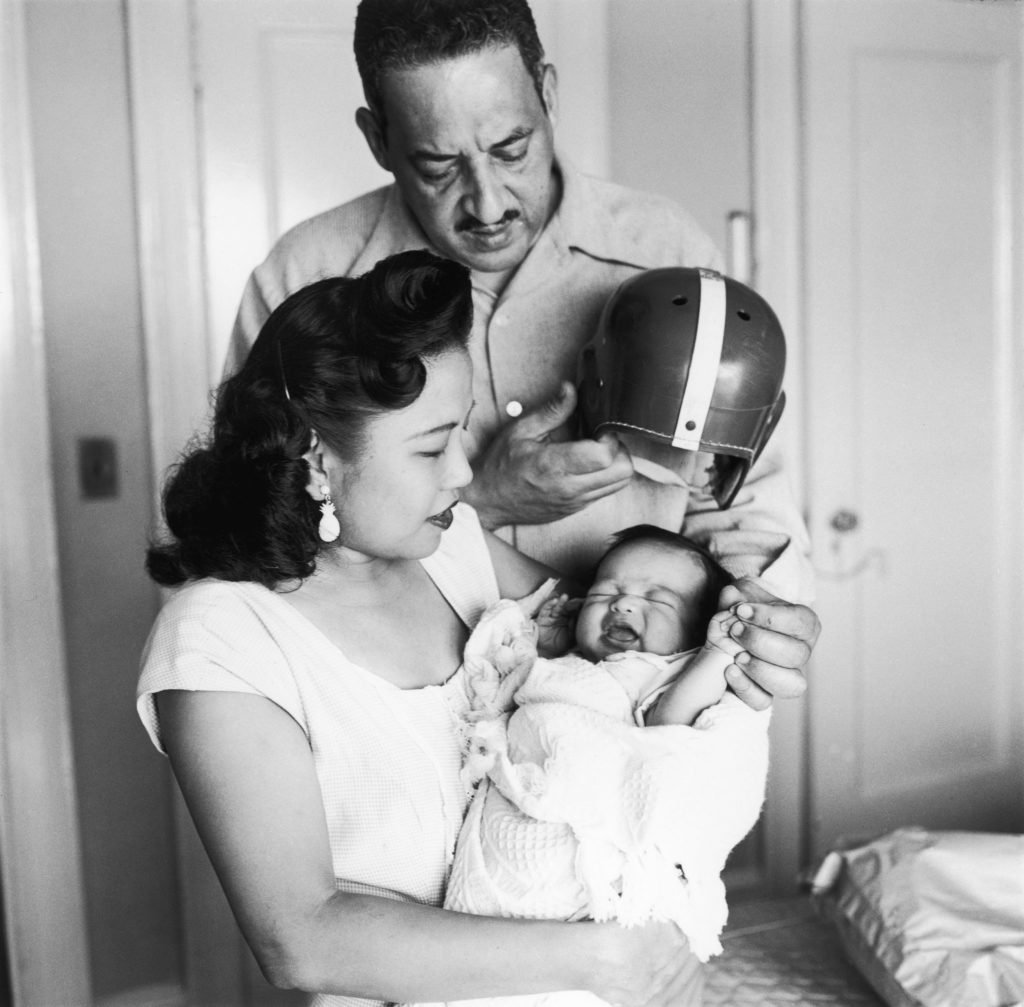
Thurgood and Cecilia Marshall with their son Thurgood Marshall Jr. after his birth in 1956.
Founded in 1942 by John H. Johnson and once the country’s largest African American-owned publishing firm, Johnson Publishing launched Ebony magazine in 1945 and its sister publication Jet in 1951. But Johnson died in 2005, and the company has struggled for at least a decade, first attempting to sell its archives back in 2015. At the time, they were appraised at $46 million. The company sold off Ebony and Jet the following year, and filed for Chapter 7 bankruptcy liquidation in April.
The archives contain historic images chronicling African American history from the 1940s to the early 2000s, including the open casket photo of lynched teenager Emmett Till in 1955 and a Pulitzer Prize-winning photograph of Martin Luther King Jr.’s wife and daughter at his funeral. Pioneering figures such as baseball stars Hank Aaron and Jackie Robinson, musicians Sammy Davis Jr. and Aretha Franklin, Civil Rights leader Malcolm X, poet Langston Hughes, and comedian Whoopi Goldberg are among those featured in the files.
The archive was auctioned at Hilco Streambank with a $12.5 million minimum bid. The auction was originally slated to end July 15, but the deadline was repeatedly extended to accommodate additional bidders.
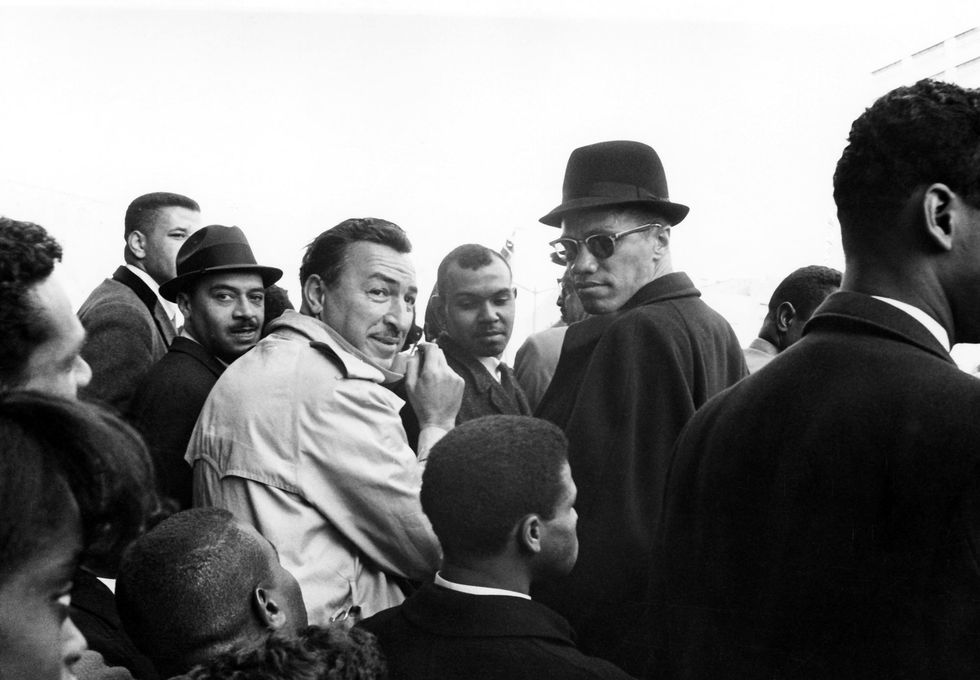
G. Marshall Wilson, Adam Clayton Powell and Malcolm X attend the New York City school boycott rally in March 1964. Photo courtesy of Johnson Publishing Company.
“The interest level and active participation in the sale process for the photography and media archive has been truly remarkable,” said Miriam Stein, the Chapter 7 trustee for Johnson Publishing, in a statement. “Given the high level of activity, we elected to adjourn the auction process until later in the week to allow for continuing discussions with interested parties.” Stein, a lawyer for Chicago firm Chuhak & Tecson, had told Crain’s Chicago in April that she was in touch with multiple interested museums, including at least one in Chicago.
Ahead of the auction, Star Wars filmmaker George Lucas and his wife, Mellody Hobson, had made an effort to acquire the archive. The photographs and documents had been collateral for a $12 million loan their San Francisco company, Capital Holdings V, made to the struggling publisher in 2015.
“The Johnson Publishing archives are an essential part of American history and have been critical in telling the extraordinary stories of African American culture for decades,” said Capital Holdings V in a statement in April, as reported by the Chicago Tribune. “We want to be sure the archives are protected for generations to come.”
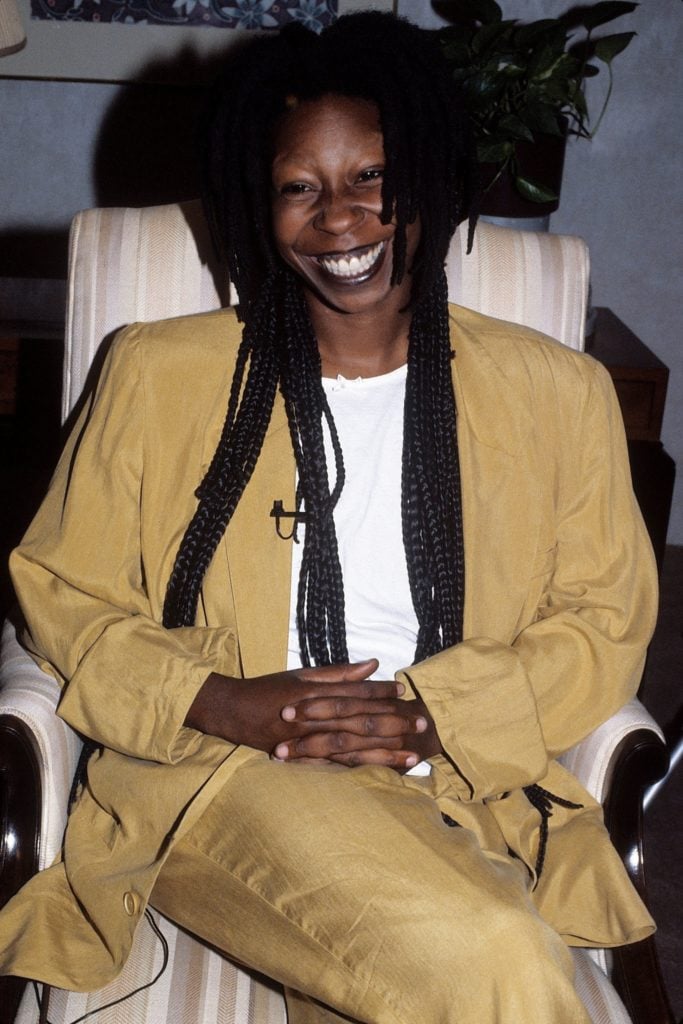
Whoopi Goldberg in 1988. Photo courtesy of Johnson Publishing Company.
With the loan in default, the couple filed a motion in Chicago bankruptcy court that month, seeking to gain control of the archive. As a result, there was speculation that the company’s historic materials would be a natural fit for the long-awaited Lucas Museum of Narrative Art, set to open in Los Angeles in 2022.
Over the last month or so, the archives were transferred from the old Johnson offices to a warehouse on the West Side of Chicago, stored in vintage filing cabinets and Manila folders. Few of the images have been digitized, or shown publicly, and there was widespread concern over whether they would end up in a public museum, or be snatched up by a private collector and promptly locked away.
“It keeps me up at night, thinking about the future of this archive,” Tiffany M. Gill, associate professor of Africana studies and history at the University of Delaware, told the New York Times earlier this month. “You can’t really tell the story of black life in the 20th century without these images from the Johnson archive. So it’s important that whatever happens in this auction, that these images are preserved and made available to scholars, art lovers, and everyday folks.”

Theaster Gates with part of the Johnson Publishing Archive. Photo by Sarah Pooley, courtesy of the artist.
One interested party from the local art community was social practice artist and community organizer Theaster Gates, who has had a longstanding relationship with the Johnson Publishing Archive. He paid $20,000 to license a number of images from the archives for a series of exhibitions, and also acquired office furnishings, books, periodicals, ephemera, and paintings from the Johnson Publishing office from the daughter of Johnson’s founder, company chairwoman Linda Johnson Rice.
“My studio was able to support Linda in giving these objects a place where the public could see, interact with, and eventually research from this collection,” Gates told artnet News in an email, praising Johnson Rice’s generosity and “her foresight to allow artists to participate in the re-imagining of the company’s legacy.” (The donated objects are now managed by Gates’s nonprofit, the Rebuild Foundation.)
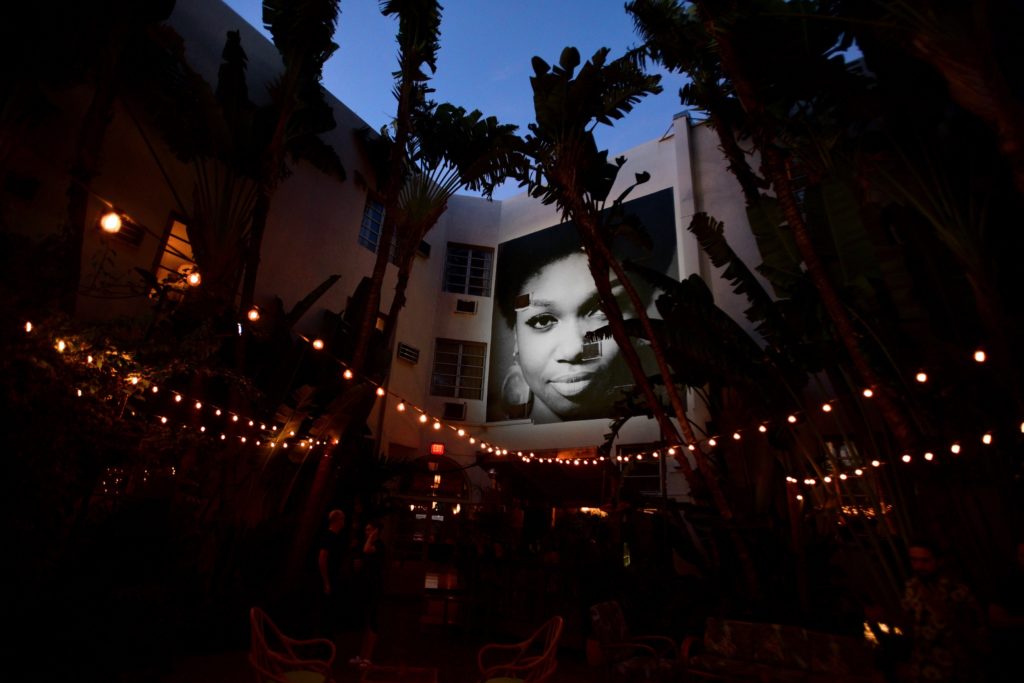
The installation by Theaster Gates at Prada Mode Miami featuring a photograph from the Johnson Publishing Archive. Photo by Bryan Bedder/Getty Images for Prada.
The artist’s shows drawing from the Johnson Publishing Archive “have enabled thousands of people around the world to see, interact with, and research the power of the black image, black cooperation, and black corporation,” said Gates. “As an artist, I’m committed to keeping these images in the public consciousness, always re-engaging the world with John Johnson’s legacy and continually seeing it in a new light.”
Gates was also among those who made a bid to acquire the full archive. “While I could not outbid the other interested parties, I’m honored to have tried,” Gates added. “The images are not dead images—they are not just history—they are alive with power and deserve a structure that is as equally alive. I hope to have many more encounters with the collection in the future and am hopeful for their safety and best treatment.”
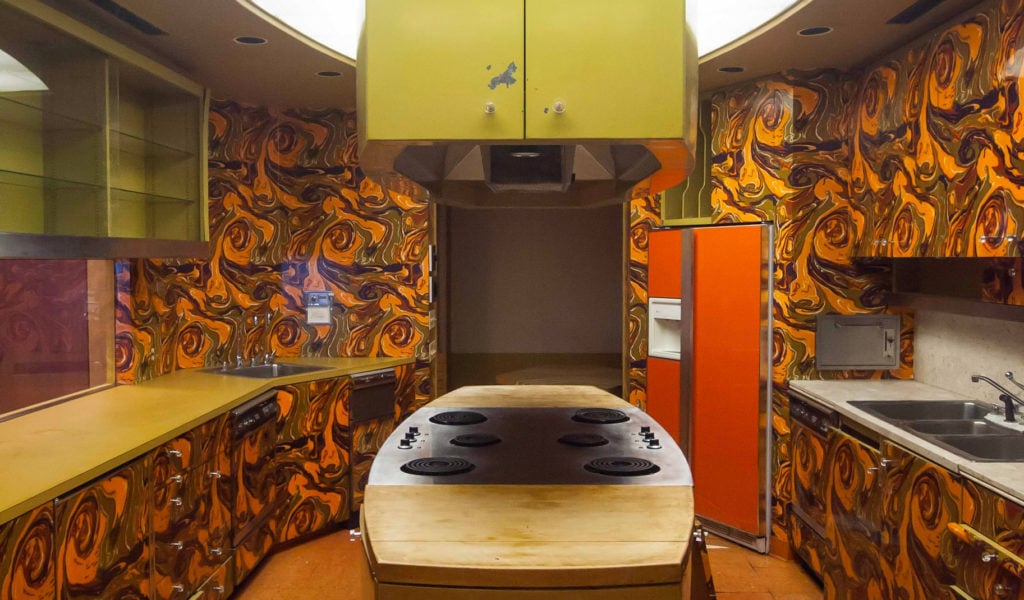
The Ebony test kitchen at the Johnson Publishing office building in Chicago. Photo by Lee Bey Architectural Photography
As for Johnson’s old office building, which first opened in 1972, it was sold in November 2017 for $10 million to 3L Real Estate. The work of local architect John W. Moutoussamy, it is the only downtown Chicago high-rise office building designed by an African American.
Following the sale, nonprofit preservation group Landmark Illinois saved the office’s historic test kitchen, purchasing it for just $1 and the promise it would be promptly removed from the building, which is now being turned into apartments. In May, Brooklyn’s Museum of Food and Drink announced that it had been put in charge of the public display of the the kitchen.
Currently, the museum is looking to raise money for a traveling exhibition, “African/American: Making the Nation’s Table,” that will now have the test kitchen as its centerpiece. It will be “the country’s first major exhibition to recognize how African Americans have laid the foundation for American food culture,” said Museum of Food and Drink curator Jessica B. Harris in a statement.
See more photos from the Johnson Publishing Archives below.
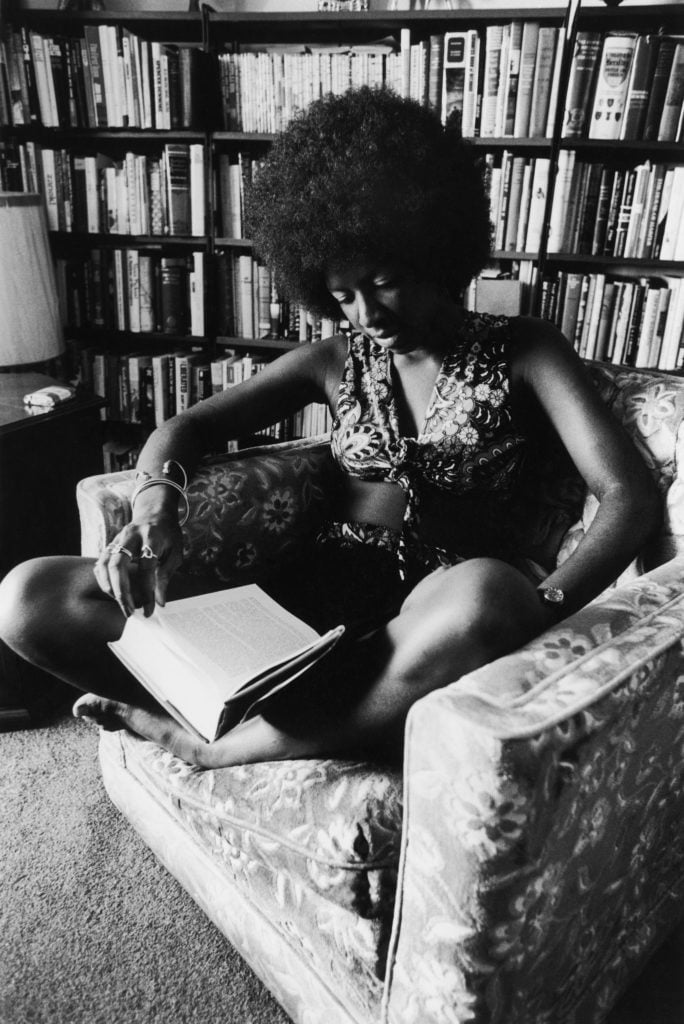
Isaac Sutton, Natalie Cole in her apartment in 1973. Photo courtesy of Johnson Publishing Company.
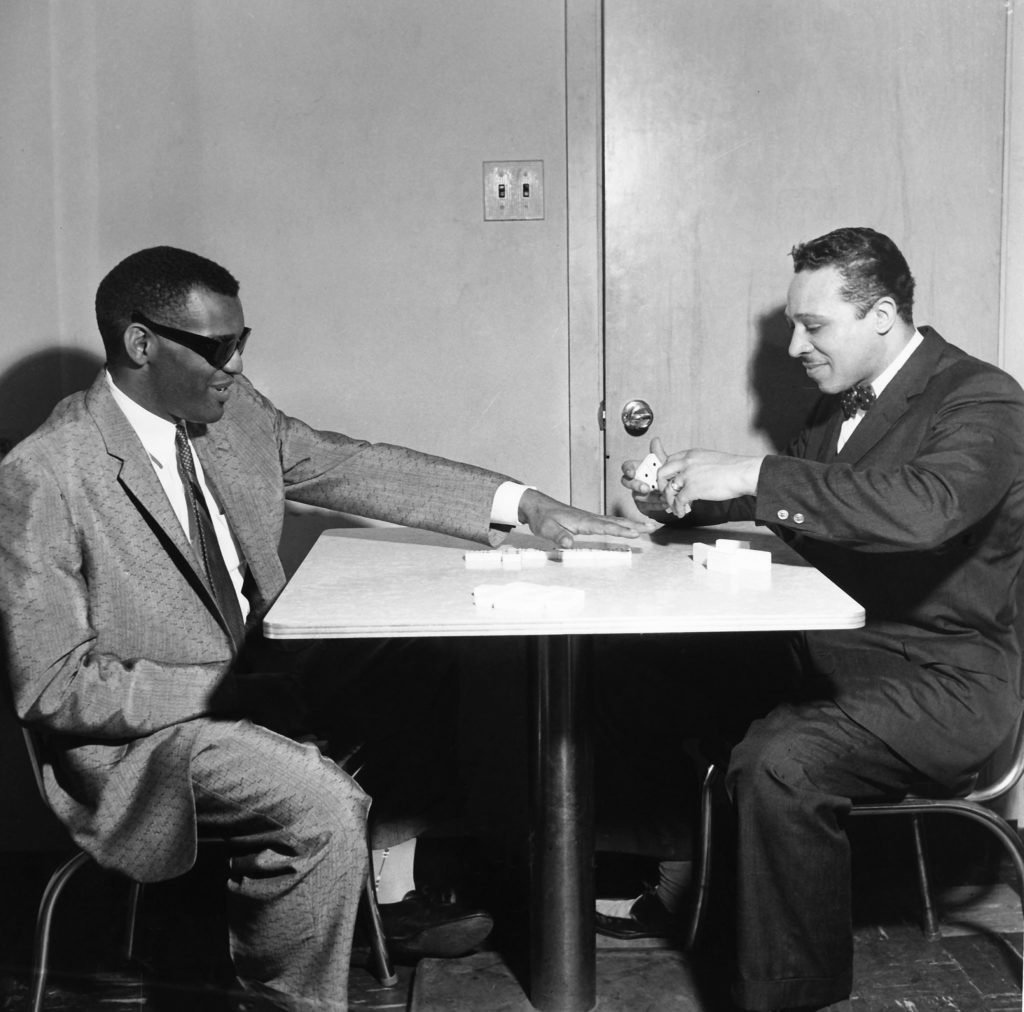
David Jackson, Ray Charles playing dominoes with Herman Roberts. Photo courtesy of Johnson Publishing Company.
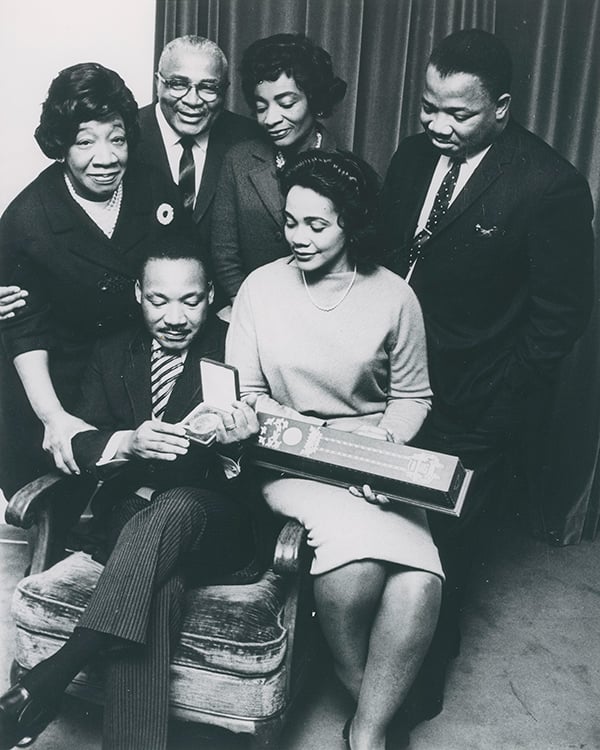
Moneta Sleet Jr., Martin Luther King Jr., surrounded by his family, holding the Nobel Peace Prize medal (1964). Photo courtesy Johnson Publishing Company
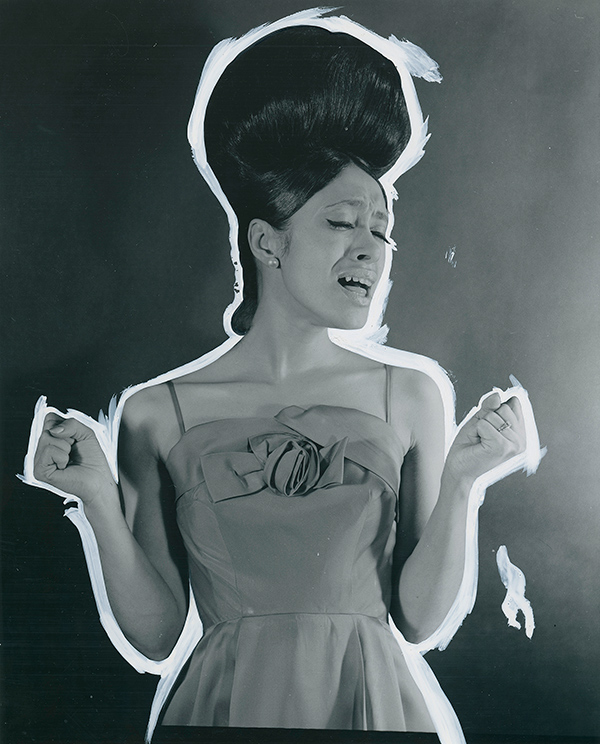
Isaac Sutton, untitled image (1965). Photo courtesy Johnson Publishing Company
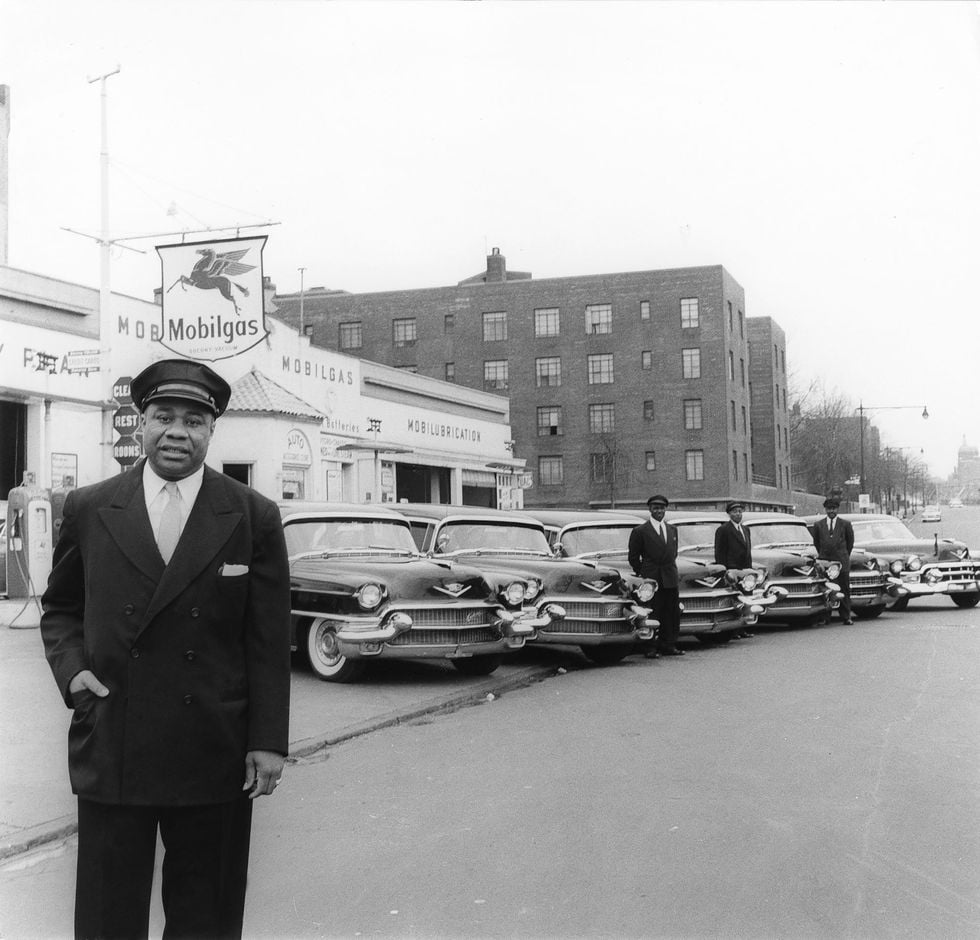
Bertrand Miles, Roosevelt Zanders poses with the fleet of limousines he uses in his New York livery service (1956). Photo courtesy of Johnson Publishing Company.
UPDATE: A previous version of this article stated that the J. Paul Getty Trust had bought the archive. In fact, the Getty was part of a larger consortium of foundations that teamed up to make the purchase.
